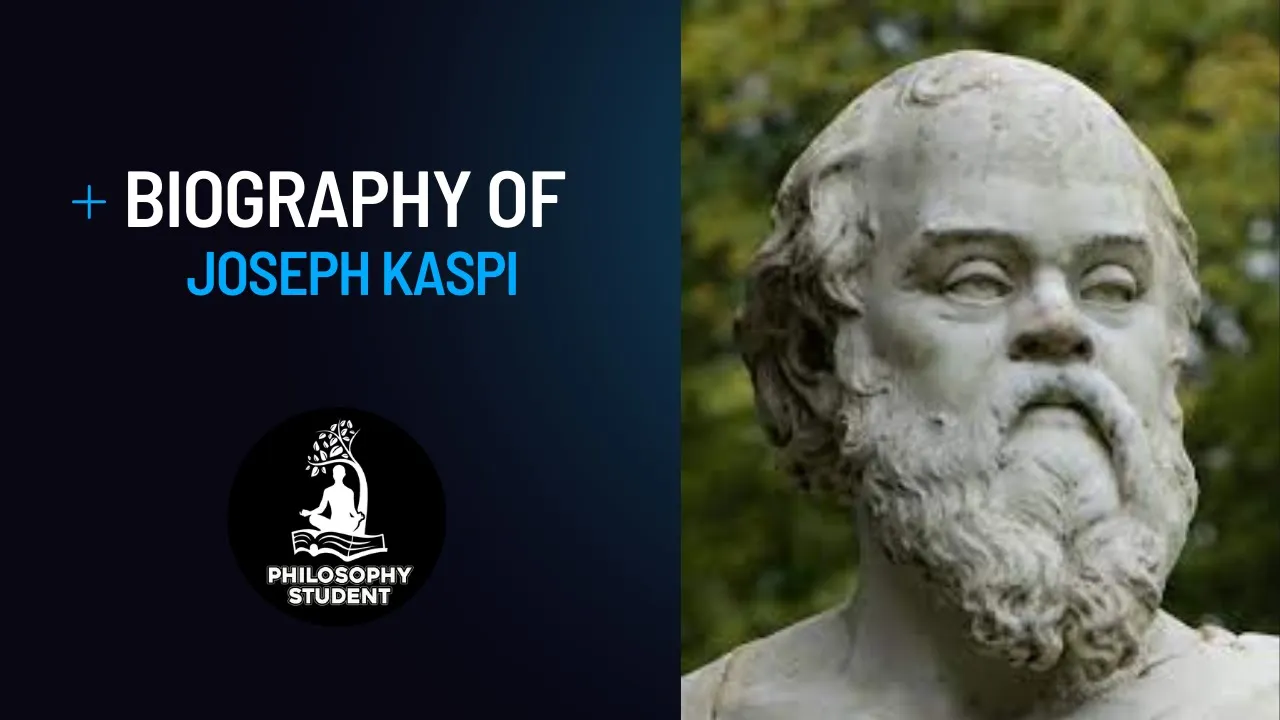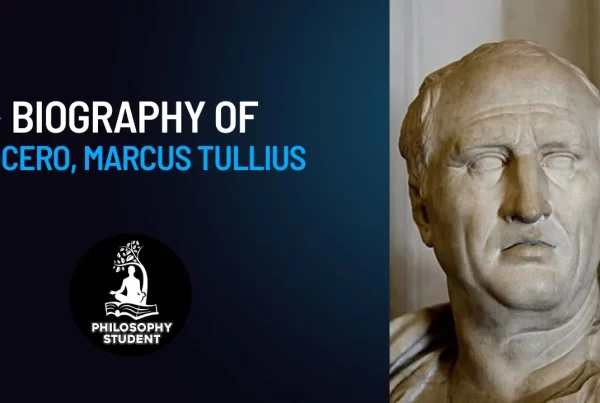Born Abba Mari ibn Kaspi about 1280 in Arles, Provence, Joseph Kaspi was a rabbinical author who wrote numerous commentaries on the Old Testament. In these, he drew upon philosophy and logic to define his method of exegesis.
Kaspi traveled widely in search of knowledge, getting as far as Egypt in 1314 but suffering disappointment at finding “no scholars” there. He lived in several towns in Arles and in various Spanish locations, including Perpignan, Barcelona, Majorca, Valencia, and Tudela. He died in Majorca in 1345.
While he was in Spain, Kaspi wrote (among other things) three books on logic and linguistics. He read such philosophers as Maimonides and Samuel ibn Tibbon as well as Plato, Aristotle, Averroes, Avicenna, Boethius, and others. He approached the traditionally scholarly work of biblical exegesis with an eminently philosophical purpose, namely to bring to light the “real intention of the author of the book”—even, perhaps especially, when that author was God Himself.
He compared the act of interpretation to prophesy. For him, hermeneutics was dedicated less to “decoding” the author’s writing than it was to increasing the understanding of the reader. At the same time, Kaspi stressed the importance of logic in interpretation. He defined two functions for logic. First, logic determines the correctness of things; it defines the correct way of thinking. Second, logic determines the proper use of language by aligning proper expression with laws of universal syntax that transcend any particular language. Kaspi faulted many Biblical scholars for misinterpreting Scripture because they failed to use logic, which he believed was indispensable to discovering truth. He viewed verbal expression as creating a match between “external” and “internal” speech, thereby revealing hidden thought.




































